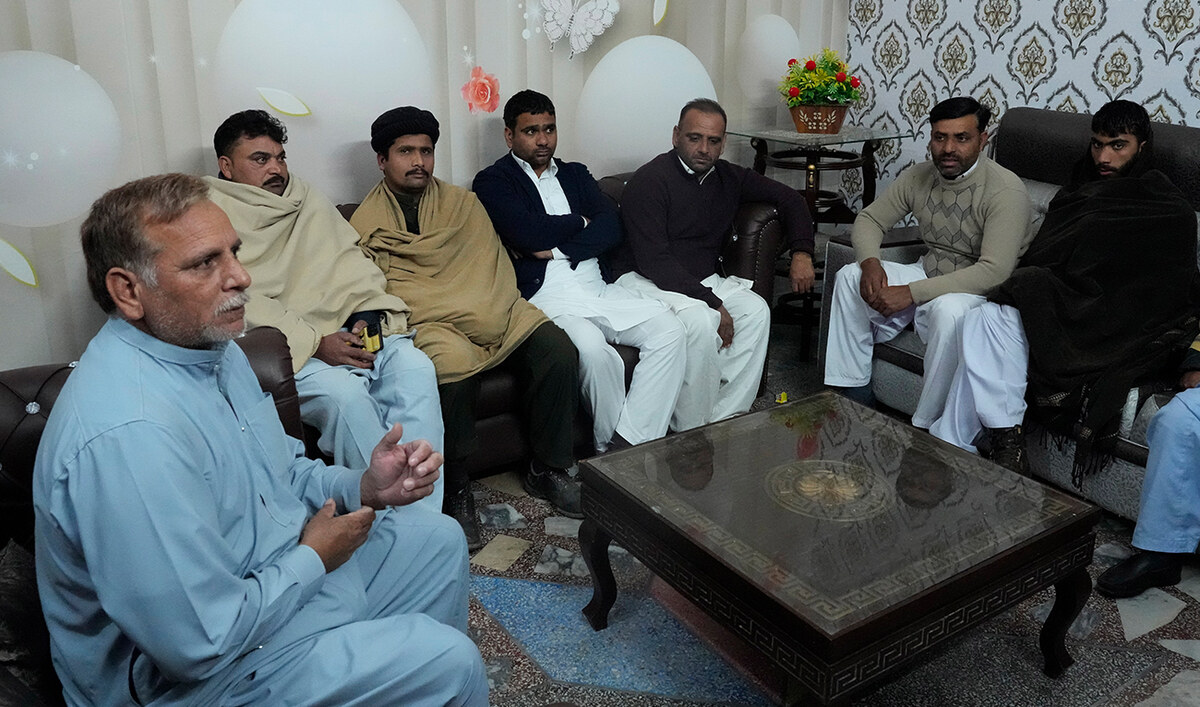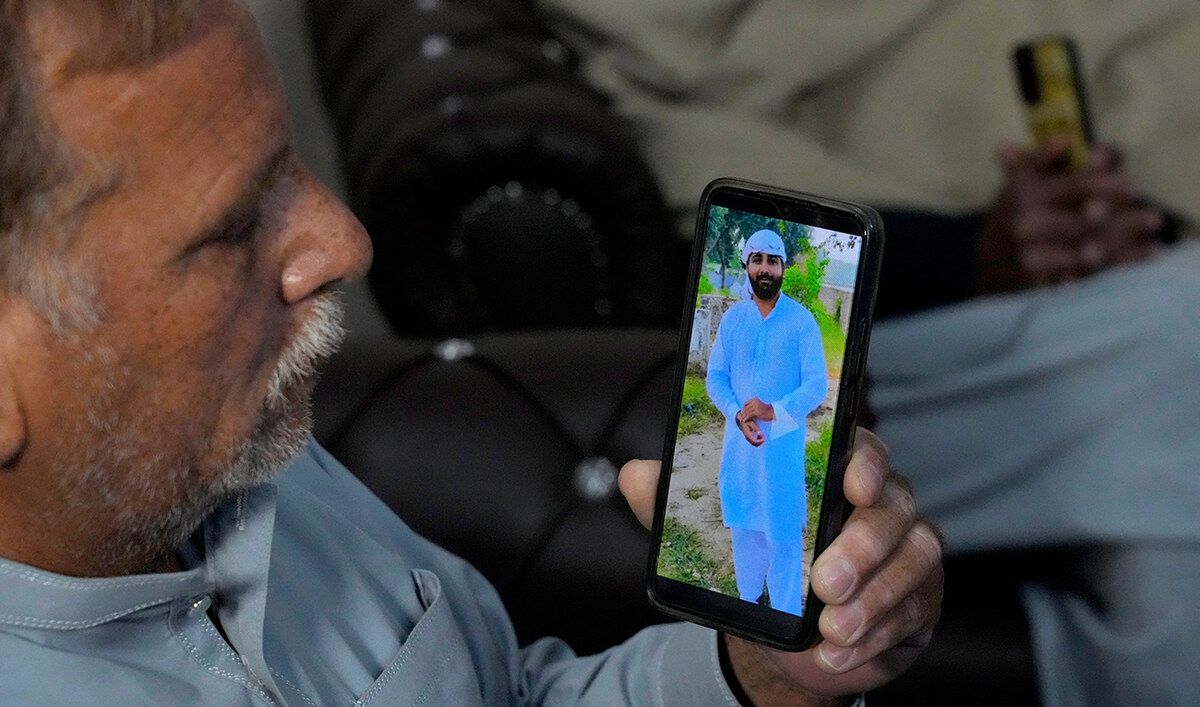KARACHI: A Pakistan-based, on-demand transport and logistics platform, Bykea, plans to expand its footprint in the country’s rural areas after raising $13 million from foreign investors.
The four-year-old ride hailing company made the announcement on Wednesday. Its total funding now stands at $22 million, with major contribution coming from the Middle East Venture Partners and Sarmayacar.
The organization secured the capital by participating in Series B Funding — or the second round of financing for businesses through investment — that was led by Prosus Ventures (formerly Naspers Ventures), a global consumer internet group and technology investor that helps build technology companies.
The funding that will flow into Pakistan from the Middle East and the United Kingdom this month will be used by Bykea to expand its services beyond the country’s three main city centers.
“Today we are operating in three cities of the country: Karachi, Lahore and Islamabad. We want to expand our footprint … Our daily transactions in these cities are between 50,000 and 60,000 and we want these transactions to increase by three to four times,” Rafiq Malik, Bykea’s Chief Operating Officer, told Arab News on Friday.
“We want to enhance our main services of motorcycle-taxi (that generates 80 percent of revenue) and delivery. We want to expand cash and food delivery services and further develop our product range,” he said, adding: “The second type of expansion is to go to other cities and rural areas as, at present, we are only operating in urban Pakistan.”
The fresh investment inflows have been secured at a time when the ride hailing service has recovered from the impact of coronavirus lockdowns imposed in March this year.
“During the lockdowns our business was totally shuttered, but when we were allowed to resume our business it did not take us much time to recover. This is the specialty of technology since everyone’s phone has our app and they immediately started using it [after lockdowns were lifted]. Today, I would say that our business has 100 percent recovered to the pre-COVID numbers,” Malik informed.
The startup, which facilitates customers to pay phone bills and get cash delivered, is confident that the Urdu language interface of its app will play a key role in small towns and cities during the next phase of expansion.
“Bykea is one of the few internet businesses offering an interface in Urdu and we derive our competitive advantage from being highly localized,” Muneeb Maayr, the organization’s chief executive officer, said in a statement issued on Wednesday. “This approach has helped us become the preferred partner for part-time motorbike gig workers. Our brand is now widely used as a verb for bike taxi and 30-minute deliveries, and the fresh capital will allow us to expand our network to solidify our leading position.”
Pakistani tech startups have made significant gains due to the growing internet penetration in the country. According to the Pakistan Telecommunications Authority, the country’s tele-density is 79.65 percent or 169 million cellular subscribers, 85 million 3G/4G users, and 87 million or 41 percent broadband users.
“Pakistan is primed to experience extremely strong growth in internet services over the next decade, with a rapidly increasing middle class. This growth provides immense opportunity for companies like Bykea that are satisfying big societal needs like transportation, logistics and payments through technology-enabled platforms. Bykea has already seen impressive traction in the country and, with our investment, will be able to execute further on their vision to become Pakistan’s super app,” said Fahd Beg, chief investment officer of Prosus.
The Pakistani startup is confident that the funds for expansion from abroad will change the tech ecosystem of the country and will attract more investors to finance technology-based businesses.
“They are betting on us that a Pakistani company can compete at a much larger level. This is a very interesting juncture for Pakistan since the country’s tech system will emerge on the radar of international investors on the basis of this investment,” said Malik.


























